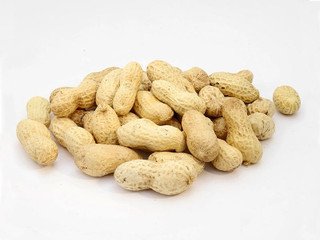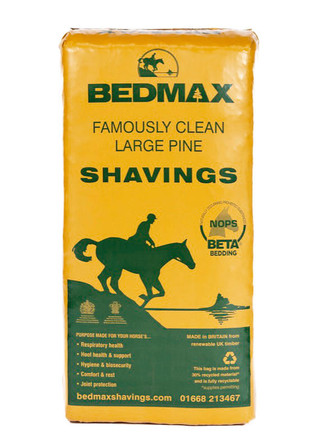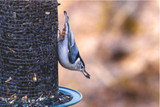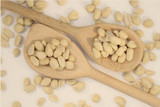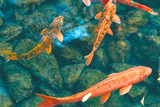How to Look After Your Garden Birds Through the Cold Months
Looking after the birds during the cold months
A guide on looking after the birds during the cold months. As winter approaches, the climate becomes harsher. Luckily, we have wooly jumpers and electric blankets to keep us warm. Unfortunately, our British garden birds don’t have the same luxury and the change in climate can have a huge effect on wildlife, especially our feathered friends.Why is Winter Feeding so Important?
The cold weather means that birds burn more energy trying to keep themselves warm. Therefore, they need more calories in their diet. This is why a regular food supply throughout the winter is essential for survival, especially when snow and frost on the ground can become an obstruction for birds trying to pick worms, seeds, and berries. It's also important because most birds will lay eggs in the spring and will need the extra calories to ensure enough warmth for the incubation period. The bigger birds may have to incubate for around 6 weeks! But this can differ from species to species.So How Can You Help Feed Your Garden Birds Through the Winter Months?
The colder climate also affects the growth of plants and other sources of food. A great way to feed garden birds is to leave out fat balls and a mixed array of seeds on your bird table. The fat/suet balls are great for building fat storage as the extra flubber will provide the birds with extra warmth in the cold months. Bird seed feeders are also a perfect nutritious aid for birds as they make it virtually impossible for squirrels to steal food. This means you can load it up with a mixture of bird food with the peace of mind that you are doing your best to help give them a nutritious calorie boost. Don’t forget that birds need hydrating too and that clean water is crucial for a successful winter diet.How Can You Attract Birds to Your Garden
Ensuring birds will come to your bird feeder is the last piece to the puzzle. Birds (like any other animal) have a primary instinct of survival, so ensuring your bird feeder is in a secure and easily visible area of your garden is vital. Secondly, if you can position your bird table in a close radius (approximately 3 metres) to surrounding trees and bushes, this will offer birds cover, shelter and a convenient journey to your bird feeder. Lastly, make certain that your bird feeder is well raised from the floor as pet cats or your neighbour's cats will be eyeing up birds that are close to the ground as prey.Final Note
Bird food is best to be replenished twice a day during the cold winter months. In the morning it will restore the energy lost overnight, and in the afternoon to build up energy before the night time. By looking after your garden birds in the winter time, they will thank you by continuing to return all year round.Explore Popular Articles
-
How Sunflower Seeds Can Improve Your Bird's Health
14th Jun 2024Birds are quite attracted towards sunflower seeds, but have you ever wondered about sunflower seeds'
-
The Ultimate Guide to Feeding Peanuts to Birds: Benefits and Considerations
16th May 2024Feeding Peanuts to birds is a common practice due to their high nutritious value. Being an excellent
-
Signs of Overfeeding Fish: How to Spot and Prevent it
7th May 2024Do you know that fish are more likely to die from overfeeding than starvation? One of the most pre









